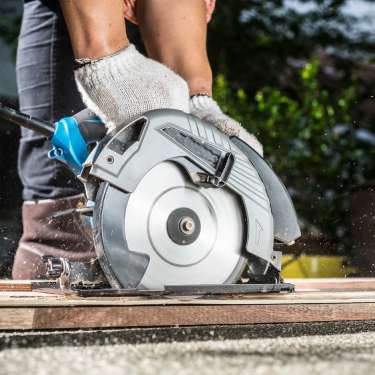
When the job calls for specific tools, the decision to buy or rent often arises. Whether you’re a seasoned professional or a novice entering the trades, determining the most cost-effective and efficient approach is crucial. Let’s explore if buying or renting tools is the best option.
Cost Analysis
The question of cost is pivotal in the buy-or-rent debate. Purchasing tools requires a substantial upfront investment, yet often pays off in the long run if the tool sees heavy use. For instance, buying a high-quality cordless drill might save money over several projects compared to rental fees.
On the other hand, renting can result in significant savings if you need a tool for a one-time project or occasional use. Weighing these costs against your budget and project frequency can guide your decision.
Tool Utilization
Frequency of use plays an important role in deciding whether to buy or rent. If your job requires daily tool usage, owning becomes more practical. You are familiar with the tool, and it helps you tackle the job safely.
Renting proves beneficial for the tools that you need sporadically. You get access to high-end equipment without the responsibility of maintenance or storage. Assess how often you use each tool to determine its value as a purchase or rental.
Quality and Convenience
Owning tools guarantees consistent quality as you decide on the brand and model. However, renting provides access to top-tier, well-maintained tools that you might not afford otherwise. One thing to know before renting tools online is that rental companies typically offer a range of options. This tool variety ensures you get the right tool for the job.
Convenience factors into both options. Buying eliminates the process of having to rent repeatedly, yet renting saves the hassle of constant maintenance and repair. Both options offer unique advantages depending on your work style and project needs.
Environmental Impact
Considering the environmental footprint of your tool use adds a valuable perspective. Buying new tools results in more resource consumption and increased waste if improperly disposed of. Renting supports sustainability by promoting the shared use of resources and reducing the need for mass production.
If environmental concerns influence your decisions, renting aligns with eco-friendly practices. Sharing tools lessens the demand for manufacturing, which helps conserve energy and reduce emissions.
Weighing the costs, usage frequency, quality, convenience, and environmental impact can guide your decision on whether to buy or rent tools. Consider these essential factors before committing, and explore our platform for more insights and resources to aid your tool-related decisions.
Bio: Casey is a passionate copyeditor highly motivated to provide compelling SEO content in the digital marketing space. Her expertise includes a vast range of industries from highly technical, consumer, and lifestyle-based, with an emphasis on attention to detail and readability.




















